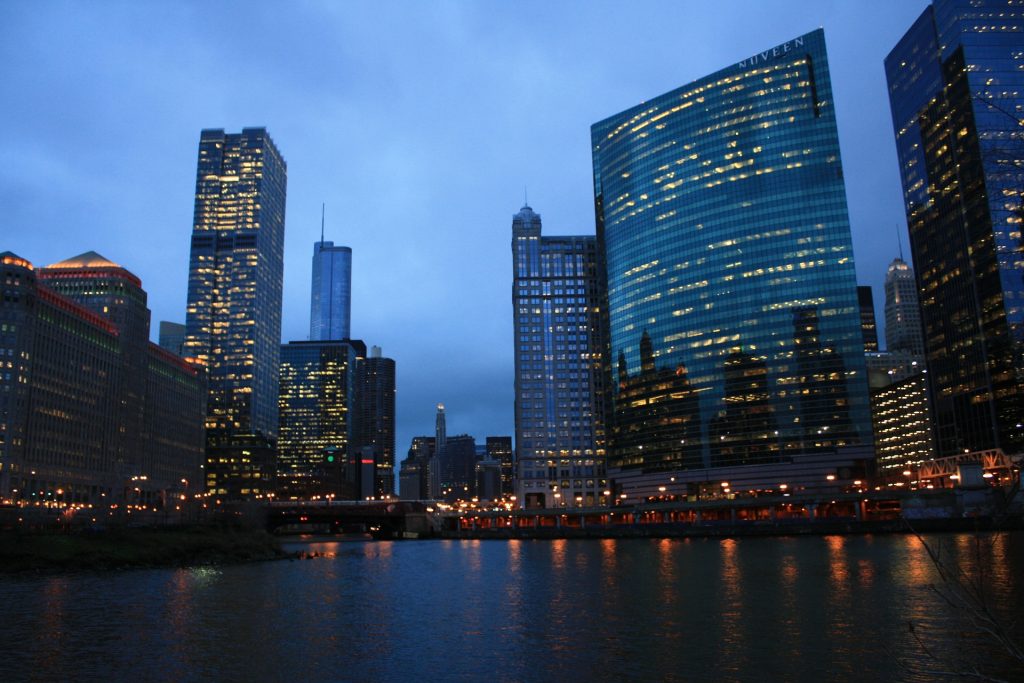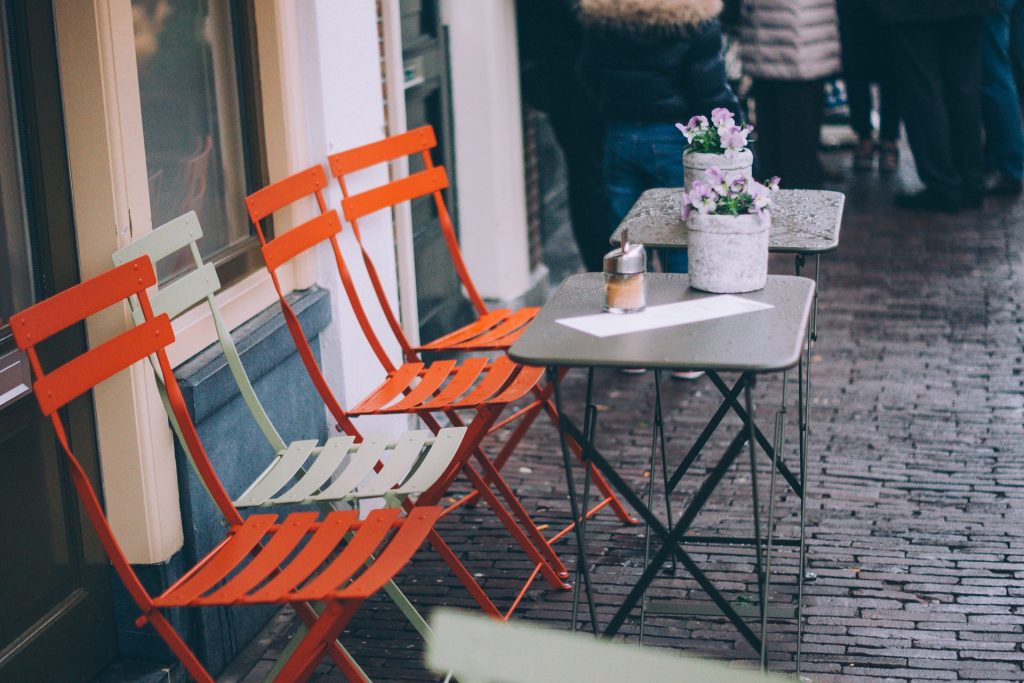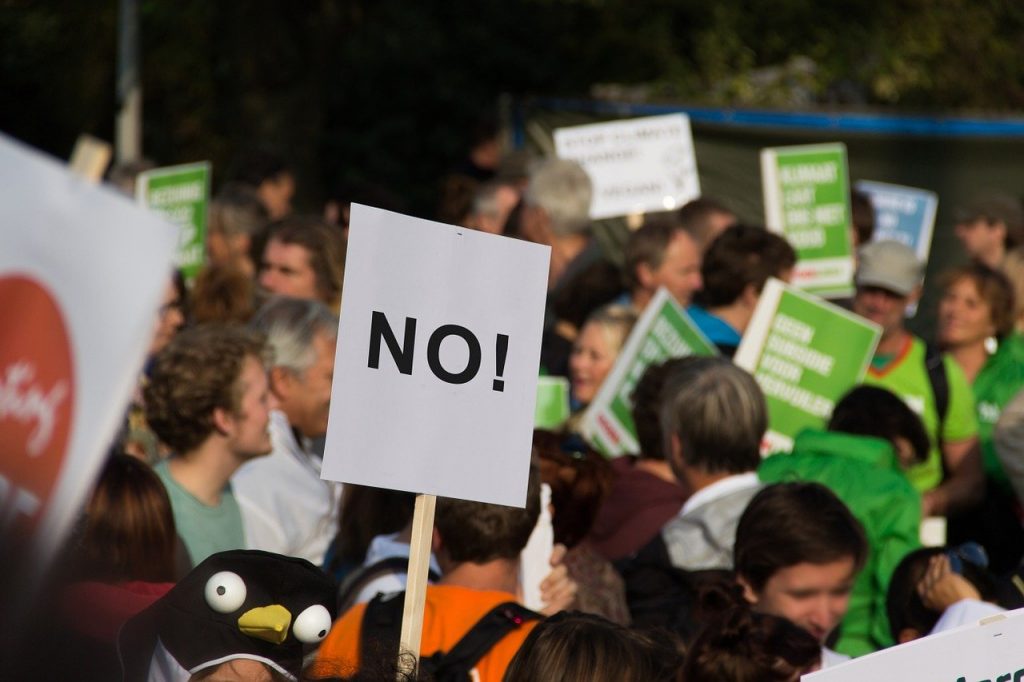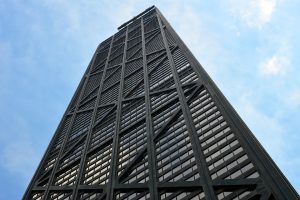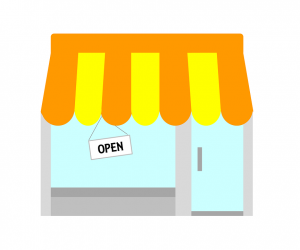Business in Chicago seems to be on a high, perhaps quite literally. This seems to be in particular due to the
success of the recreational marijuana industry.
On January 1 of this year Dispensary 33 started selling and immediately brought
in a large revenue.
Local business executives and employees working nearby have noticed a jump
in their own sales. One staff member of
SoFo Tamp close by said that people waiting to get into the Dispensary end up “buying
a couple of drinks” in the meantime. In
addition, Jenny’s Nail Salon reported having “picked up a couple of new customers”
due to the traffic at the Dispensary.
As well as being beneficial to other local businesses, it is also expected
to impact the local economy given the tax revenues coming from the first month
of sales, valued at $40 million.
While every good story has the naysayers, Dispensary 33 is no different. There have been some complaints from those
saying they are against having a store selling pot in their midst but overall
it seems the economic benefits are outweighing the disapprovals.
Furthermore, people from outside of Chicago are coming to visit so that
they can make their purchases, and, of course, while in the Windy City will
make other purchases, utilize local services and ultimately spend quite
a bit of money while there. Some financial
experts believe that this could lead to a huge revitalization in the area which
has some great businesses that may have been inadvertently overlooked.
And, aldermen from Aurora are hoping to re-authorize four ward programs to
bolster revitalization in local neighborhoods including:
- Ward 1
Business Grant Program: 50-50 match up to $5,000 a project annually for
qualifying businesses.
- Ward 2
Fence Improvement Program for residents requiring assistance in
repairing/renovating yard fences.
In other financial regional news there was an announcement by Fifth Third
Bank that an estimated $20 million will be directed to projects in the South
and West of the City in housing, creating jobs.
Plus, a $12 million capital fund money program will be launched by Gov.
JB Pritzker in an effort to bolster private investments in the 300+ opportunity
zones in Illinois.
